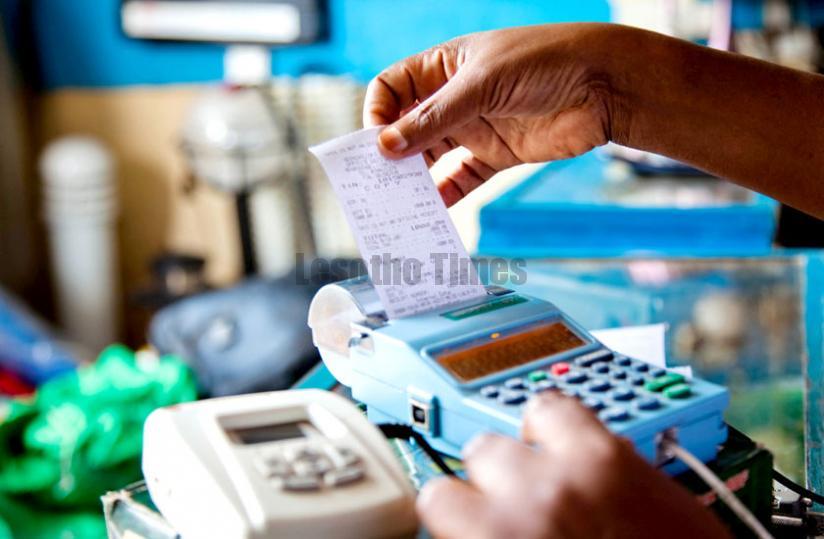Bereng Mpaki
THE Lesotho Revenue Authority (LRA) is scheduled to introduce electronic taxation (e-tax) by December 2020 as it plays catch up to the rest of its peers in the southern African region.
With its inability to collect required revenue thresholds over the past two years, coupled with uncontrollable collection costs, the organisation’s manual and outdated systems have often been called into question.
LRA wants all client- facing services currently offered manually to be available on-line as part of the government’s initiative to strengthen its tax administration systems.
Part of the wider Lesotho Tax Modernisation Project (LTMP), e-tax seeks to slash down compliance costs incurred by taxpayers by giving them the convenience to access LRA services from anywhere and anytime where there is internet coverage.
According to the project manager, Mokhethi Mabea, their clients currently incur significant travelling expenses when they travel to the organisation’s service centers to seek different tax related services.
He said that cost associated with complying with tax laws can be a deterrent for client’s loyalty to pay tax.
“We therefore believe that the convenience that the electronic service delivery brings will encourage more clients to be tax compliant,” Mr Mabea said in a recent presentation to the media.
Other components of the modernisation project include the small clients and informal sector regime; where the idea is to strengthen existing activities (Small Business Tax) and increase its base.
The other component is the VAT non-compliance detection solution which will improve the current VAT collection system to move towards real time basis while shortening the VAT returns filling.
The fourth component is strengthening the institutional capacity, which is about continuous capacitation of personnel to ensure it is in tune with organisation’s culture and strategy. The three other components are scheduled to be implemented by December 2021.
The project’s expected outcomes include expanding the tax base, modernising compliance procedures and consolidation of the legal framework.
He said the project was inspired by among others the increasing need to mobilise domestic revenue to buttress declining southern African Customs Union (SACU) proceeds.
“Lesotho is also facing the increasing cost of revenue collection (Lesotho is estimated to spend M0, 06 to collect one loti, which is six times higher than the international benchmark) and tax compliance, managing compliance of specialised sectors such as mining, communications and the financial sector,” he said.
He further said there is a growing number of businesses ditching their formal office space in favour of operating from the side-walks to avoid paying taxes since the informal sector has not been paying tax for a long time. He said the informal sector is actually one of the fastest growing business sectors in the country, which is why there is a need to ensure the sector is included into the tax base.


